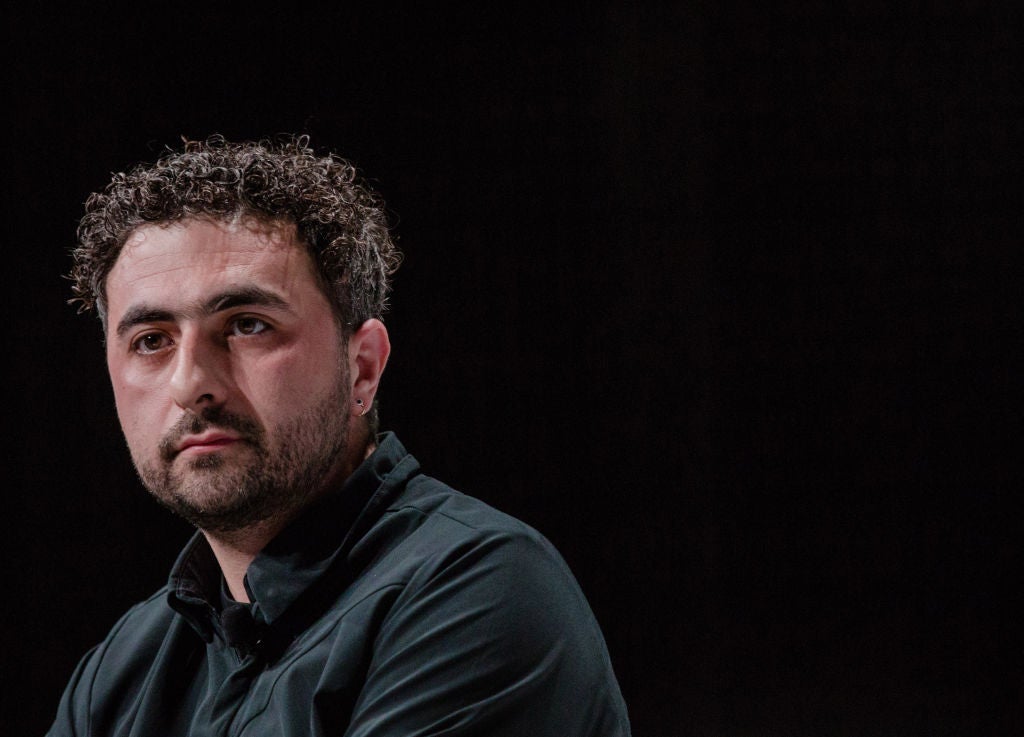
The co-founder of Google’s artificial intelligence (AI) subsidiary, Google DeepMind, Mustafa Suleyman, has called for an overhaul to the 1950 Turing test.
The famed AI test was created by British mathematician Alan Turing to decipher if a computer is able to think like a human being.
The Turing test involves a human evaluator conducting blind text-based questionnaire conversations with one computer operated by another human and one operated by the computer. The questioner will ask questions to both the human and the computer, if at the end they are unable to tell which one is the computer – it has passed the Turing test.
Despite the test being gold standard for AI detection for multiple decades, the rapid rise of generative AI applications like OpenAI’s ChatGPT and Google’s Bard has led some experts to question its efficacy.
According to Bloomberg, DeepMind co-founder Suleyman said the test should be overhauled and makes his case for a “modern Turing test” in his upcoming book on AI: The Coming Wave: Technology, Power, and the Twenty-first Century’s Greatest Dilemma.
Suleyman argues that the “modern Turing test” should involve giving an AI $100,000 and seeing if it is able to grow it to $1m through a series of investments.
“We don’t just care about what a machine can say; we also care about what it can do,” Suleyman writes.
The British AI researcher questioned if the test even mattered at all anymore, as AI becomes more and more complex.
“It’s totally unclear whether this [Turing test] is a meaningful milestone or not,” Suleyman said.
Adding: “It doesn’t tell us anything about what the system can do or understand, anything about whether it has established complex inner monologues or can engage in planning over abstract time horizons, which is key to human intelligence.”







